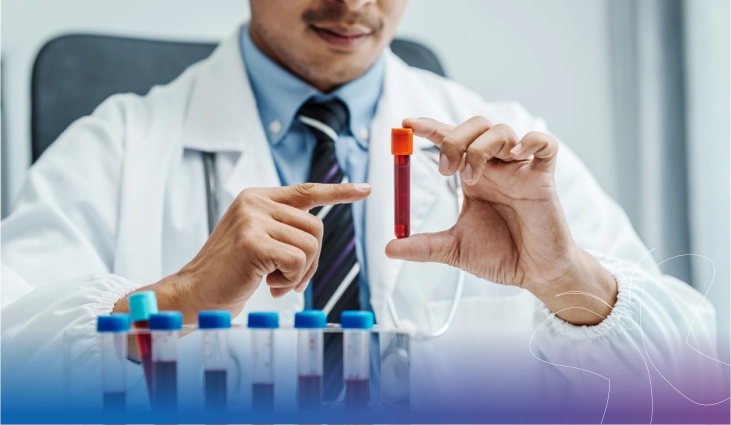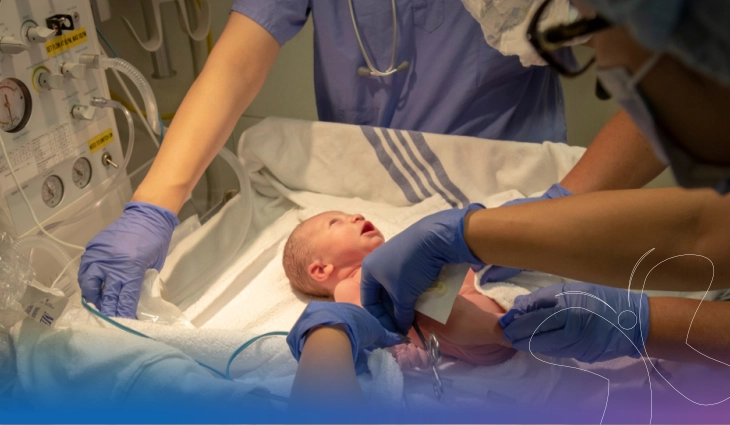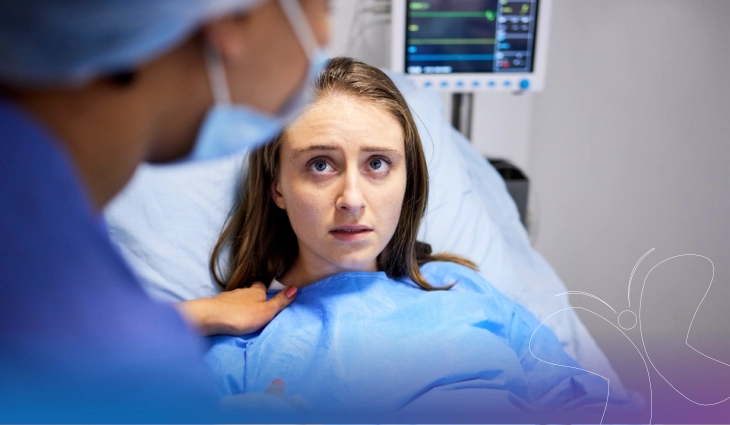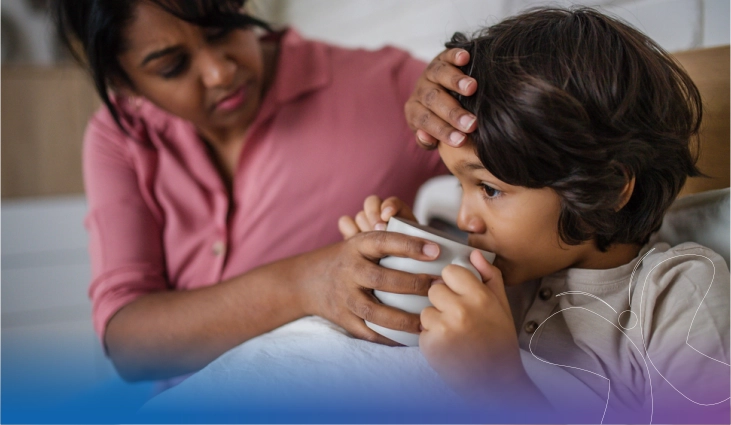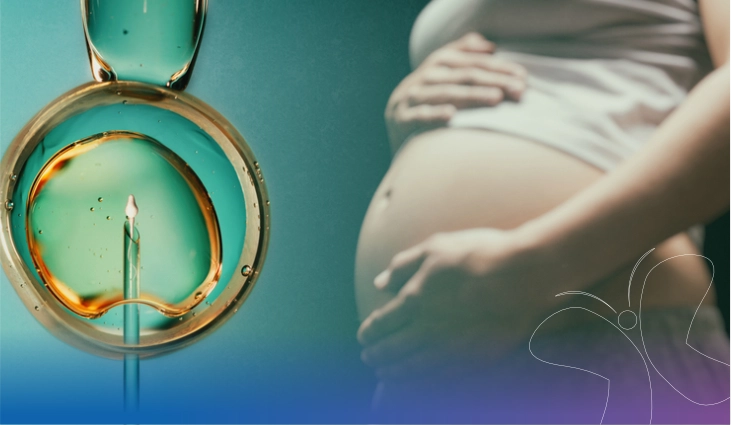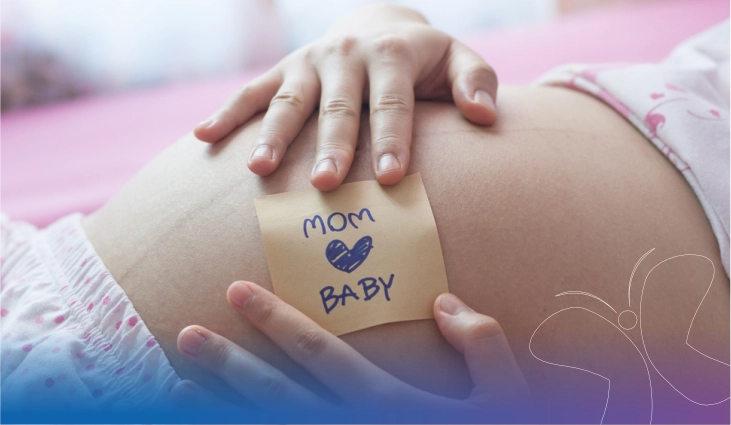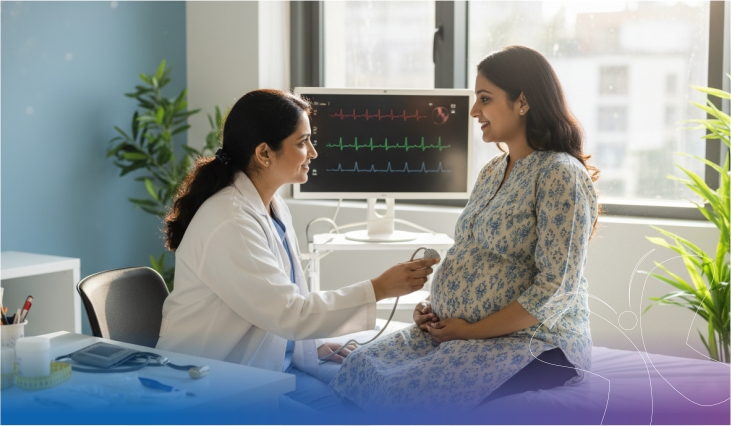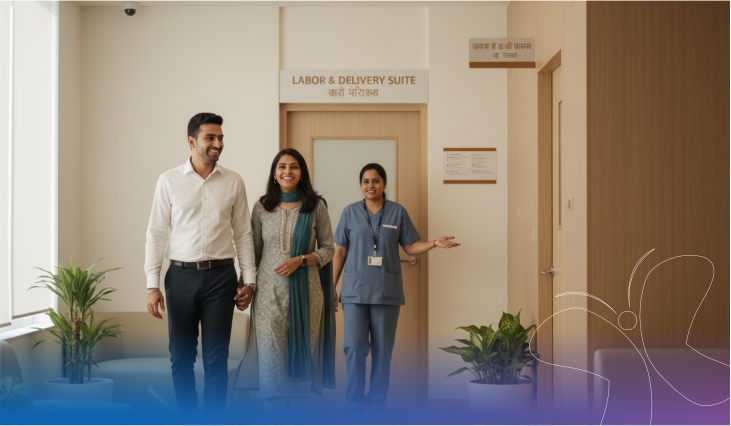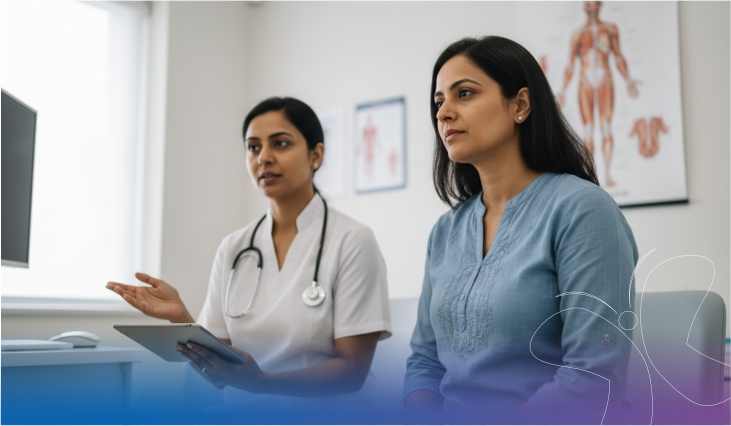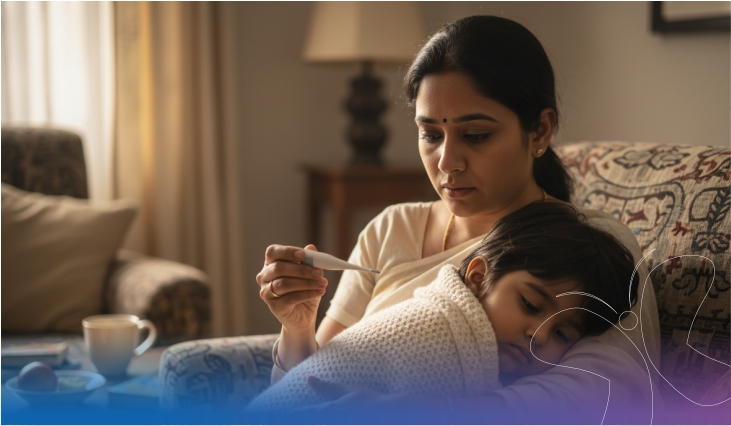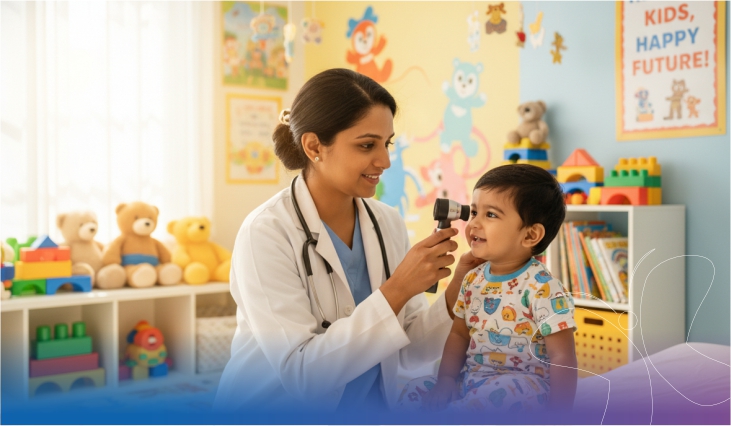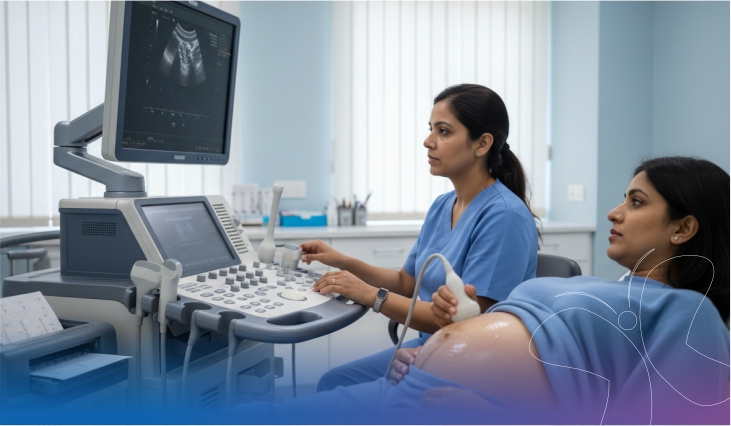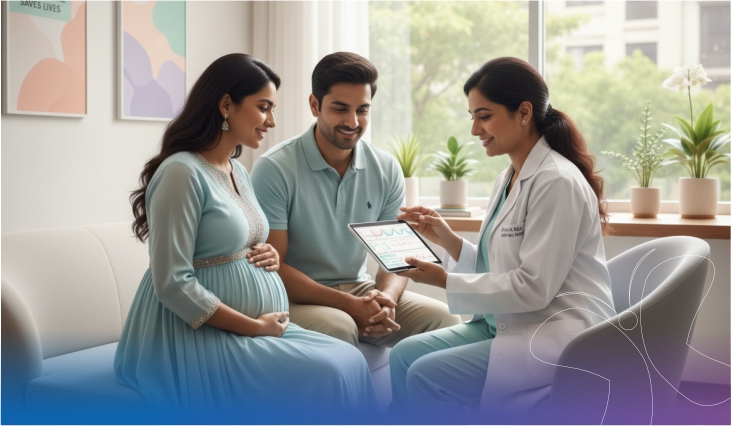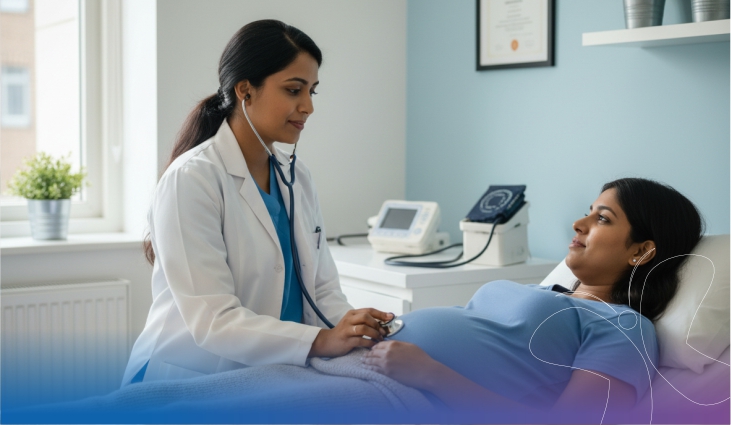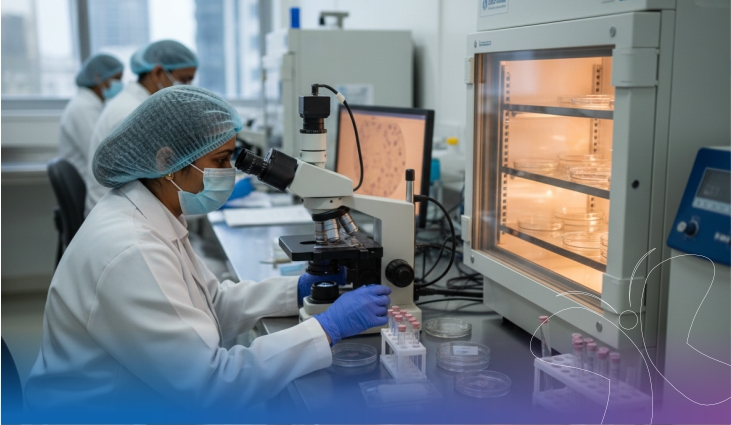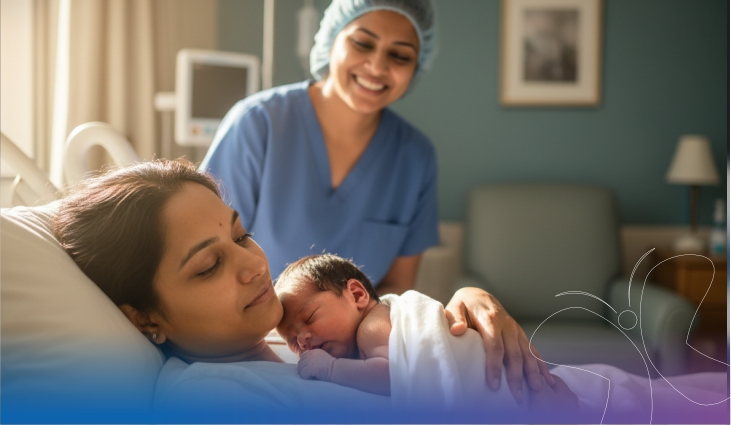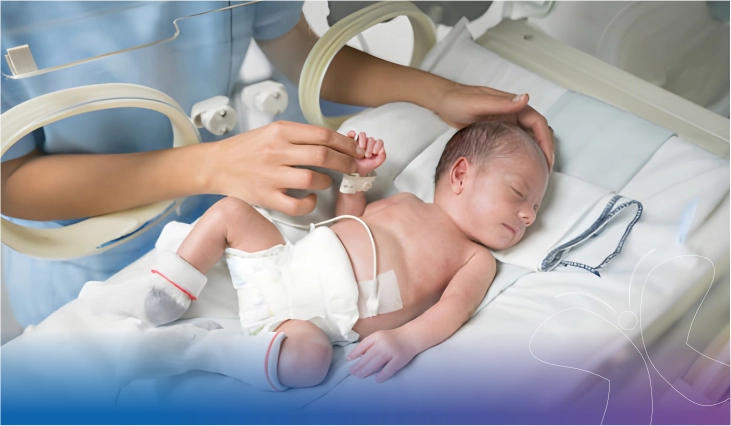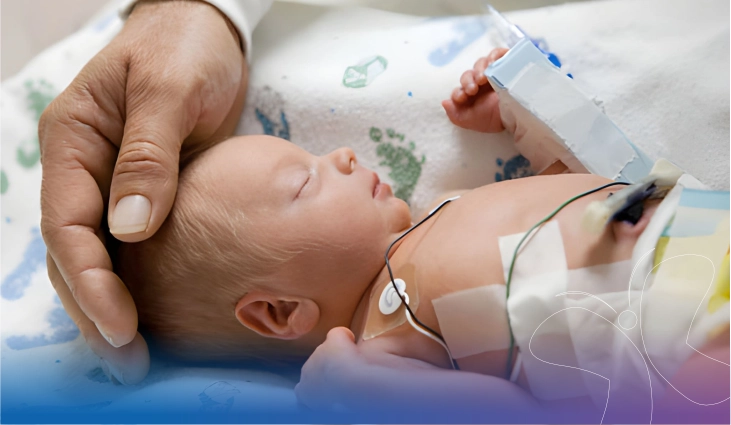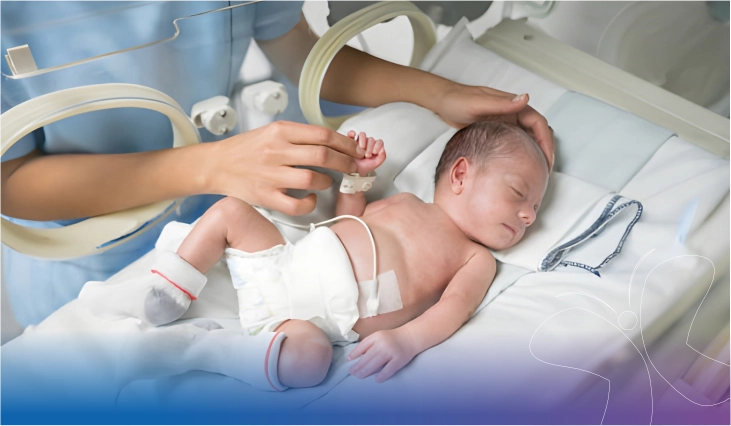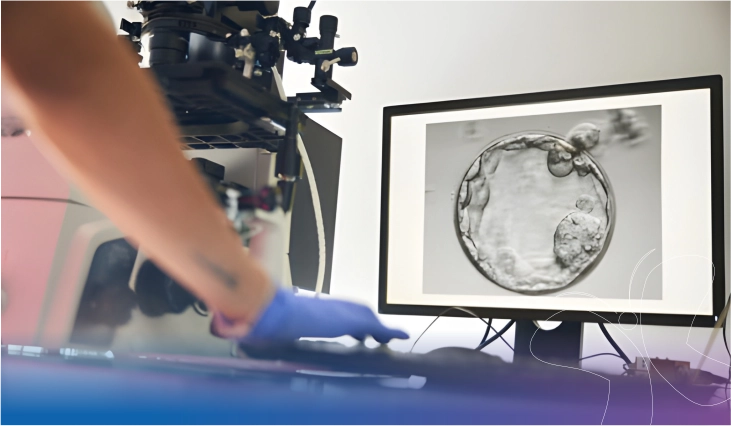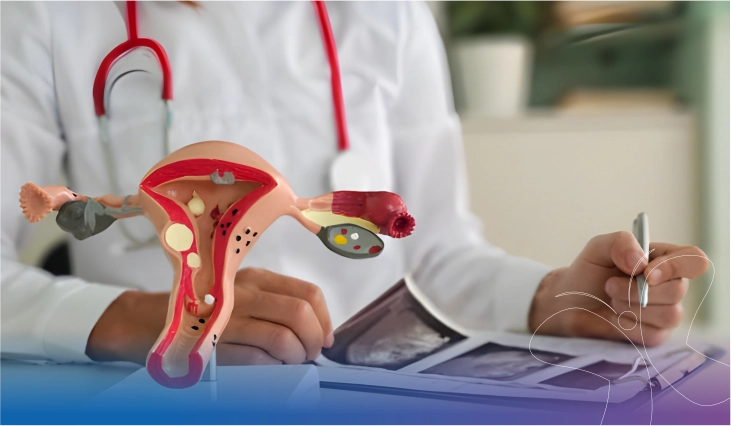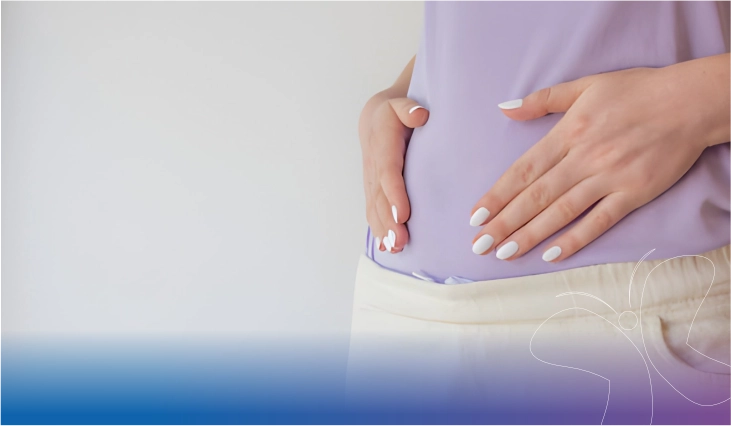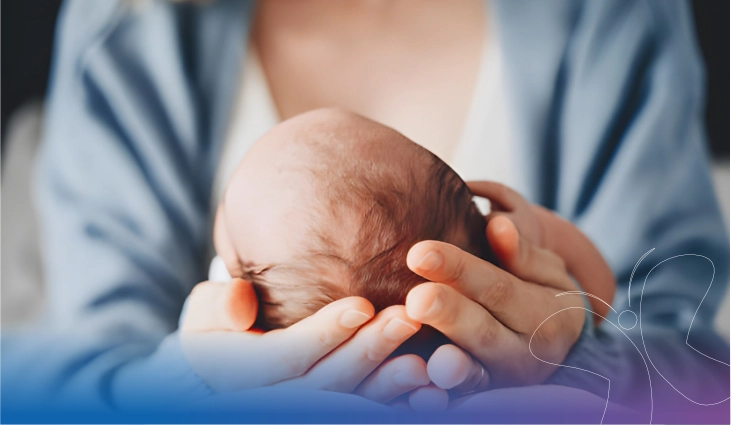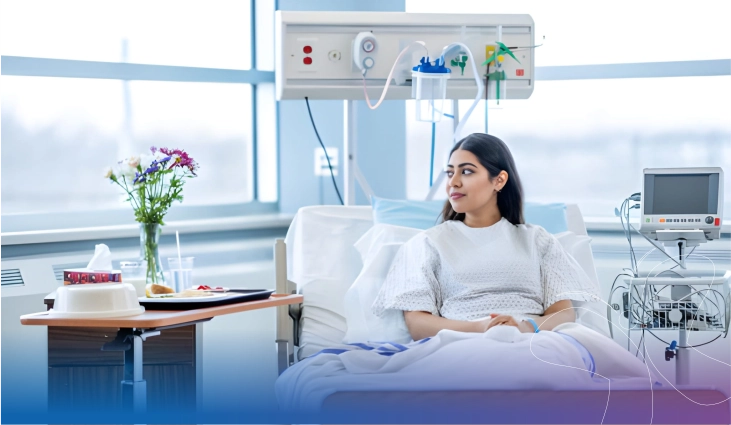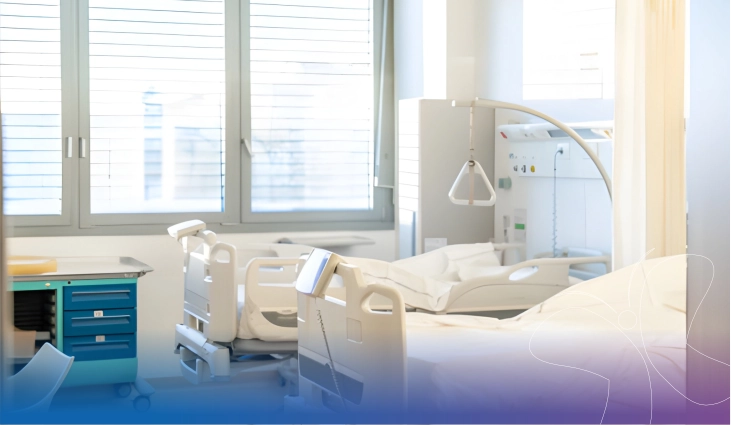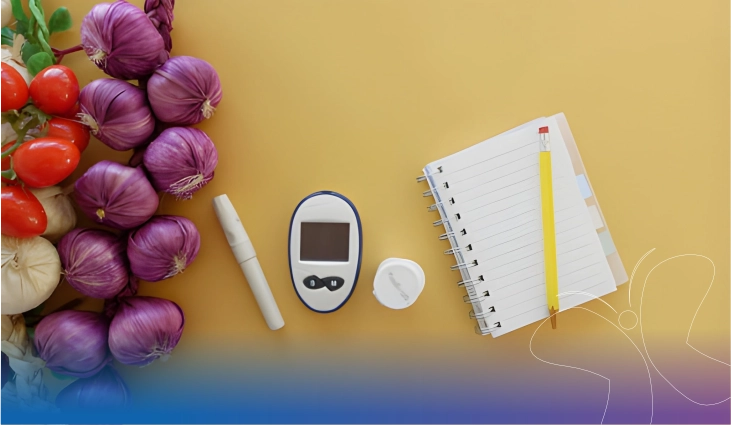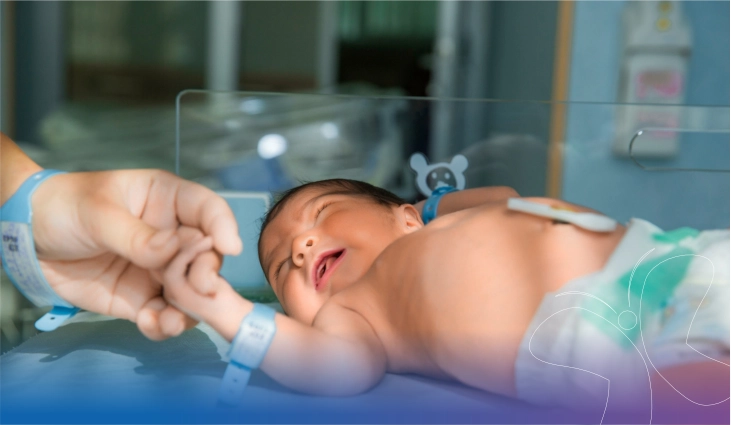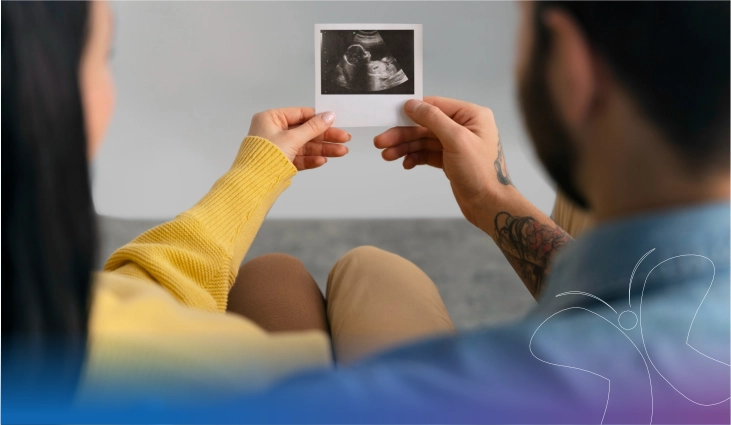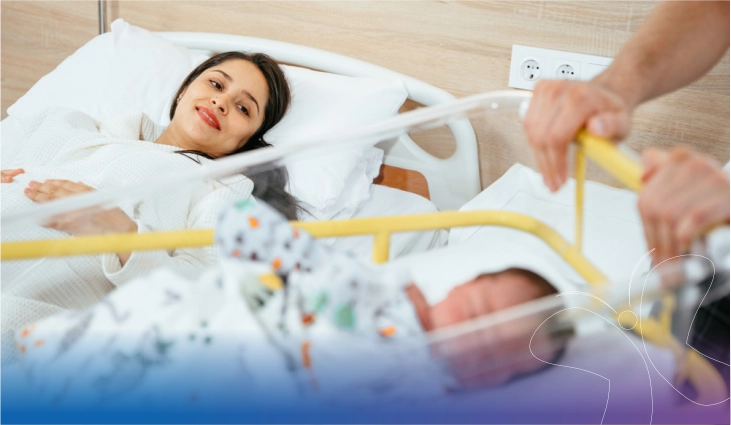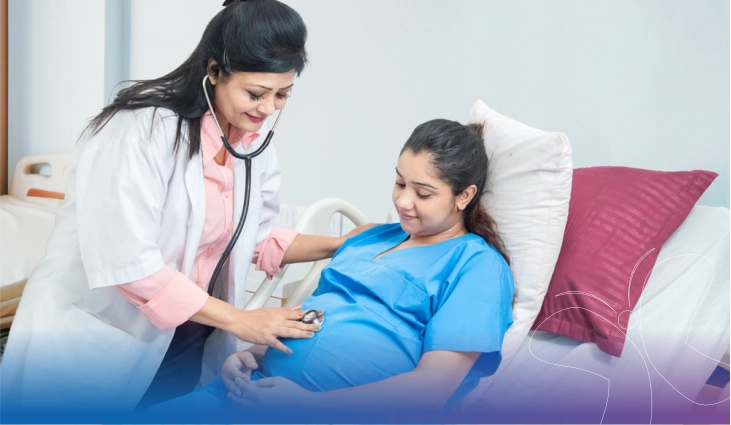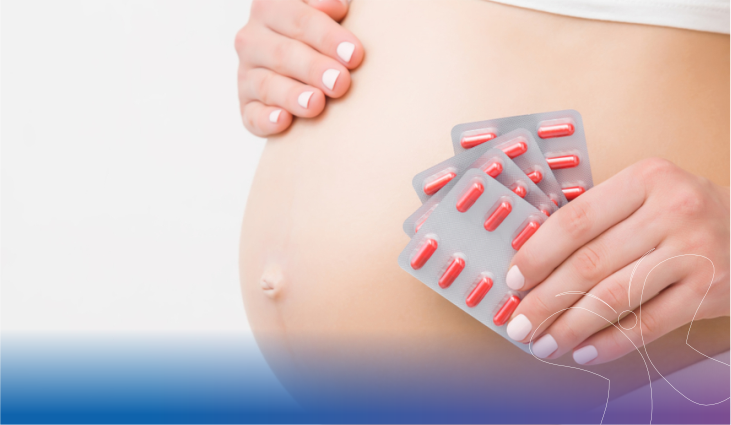“Doctor, I have sugar… can I still have a normal pregnancy?”
Yes, you absolutely can. But it has to be a managed pregnancy—because diabetes and pregnancy don’t mix well unless both are under control.
At Flowrence Hospital, we manage hundreds of high-risk pregnancies every year, and diabetes is one of the most common conditions we work with. Whether you’re diabetic already or diagnosed during pregnancy, here’s what you need to know.
Types of Diabetes We See in Pregnancy
Pre-existing diabetes (Type 1 or Type 2)
You had diabetes before conceiving. You’re likely already on insulin or tablets.
Gestational Diabetes Mellitus (GDM)
You developed high sugar levels during pregnancy—usually in the second trimester. It often goes away after delivery.
Both need attention. Both can be managed. But both must be taken seriously.
Why does diabetes need extra care in pregnancy?
Uncontrolled blood sugar can lead to:
- Birth defects in early pregnancy
- Too much amniotic fluid
- Larger-than-normal baby (macrosomia), increasing C-section chances
- High BP or preterm delivery
- Low sugar in baby after birth
- Stillbirth in unmanaged cases
But most of this can be avoided if you get diagnosed on time and follow your plan strictly.
At our gynecologist hospital in Rajkot, we build that plan with you from Day 1.
What tests do we do and when?
- Fasting and post-meal sugar levels: Right at the start
- HbA1c (average sugar over 3 months): In early pregnancy
- Glucose Tolerance Test (GTT): Usually done between 24–28 weeks for all patients
If your sugar is high, we repeat these regularly to fine-tune your treatment.
How do we manage it?
Every patient is different. Some need only diet changes, others need tablets, and some require insulin.
What we focus on at Flowrence:
- Early diagnosis (so complications can be prevented)
- Diet chart based on what you eat—not Western meal plans
- Frequent scans to monitor baby’s growth and water level
- Normal delivery, wherever safely possible
You’ll have more visits, more tests—but that’s what keeps you and your baby safe.
Your role: What you can do
- Take your medicine on time—never skip doses
- Walk 20–30 minutes daily (after meals is best)
- Follow your diet—not anyone else’s
- Monitor sugar at home if advised
- Tell your doctor if you feel dizzy, too tired, or notice swelling
Many women ask, “Will I need insulin?” Not always. But if you do, know that it’s safe for the baby and often temporary.
The outcome we aim for: A healthy mother and a healthy baby
We’ve delivered so many babies from diabetic mothers—full term, healthy, and without complications.
Because care started early. Monitoring was consistent. And the mother followed every instruction.
That’s the difference between “high risk” and “highly managed.”
Flowrence Hospital – Your safest place for diabetic pregnancy care.
Multidisciplinary support at our trusted gynecologist hospital in Rajkot
Comprehensive care from diagnosis to delivery at the best hospital in Rajkot
Specialized sugar monitoring and dietary support at our expert pregnancy care hospital







